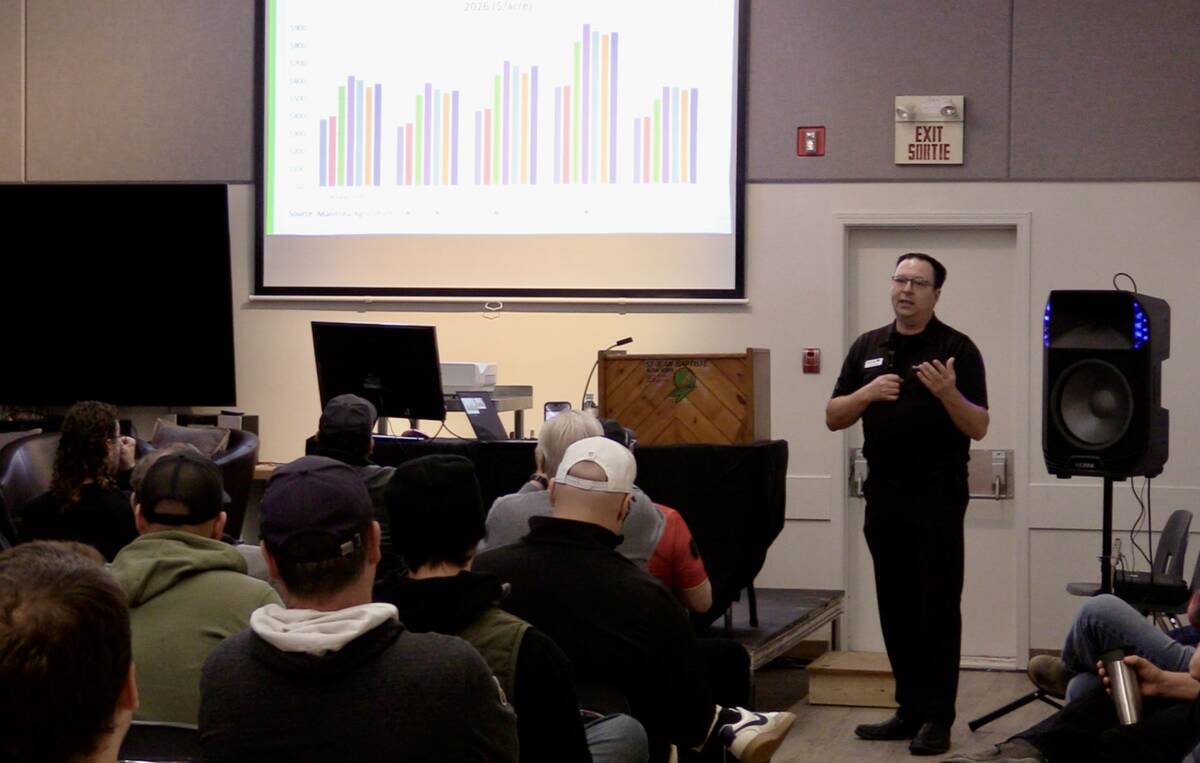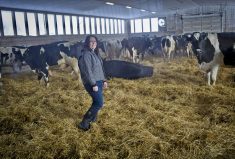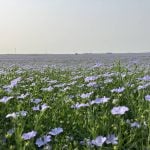One of the biggest challenges facing farmers is finding the right people at the right time to work on their farms.
It’s a situation made even more challenging by a changing hiring landscape that puts limitations on the kind of questions an employer can ask of a prospective employee, according to one expert in the field.
Keystone Agricultural Producers (KAP) human resources consultant Janice Goldsborough says human rights awareness has grown exponentially in recent years and that producers should be sensitive to that reality when they’re in the hiring process.
Read Also

VIDEO: Farmer inflation double that of other Canadians
Darren Bond with Manitoba Agriculture says farm inflation is hitting Manitoba producers as high as 50 per cent over the past five years.
“The last thing you want is to have somebody go to the Human Rights Commission and lodge a complaint saying that they felt their rights were violated because you asked questions they felt were inappropriate,” Goldsborough said.
She was speaking to a human resources seminar that was scheduled ahead of the KAP annual general meeting in early February, along with KAP farm safety consultant Morag Marjerison.
Attendees were supplied with supplementary materials that included a handout from the Manitoba Human Rights Commission outlining guidelines for pre-employment inquiries. Goldsborough referred the audience to this document as she discussed the characteristics that are protected under the Manitoba Human Rights Code. “You cannot discriminate against a potential employee based on these (characteristics),” she said.
“It includes things like ancestry (including colour or perceived race), nationality or national origin, religion or creed, ethnic background or origin, age, sex (including pregnancy and gender identity), gender-determined characteristics or circumstances, sexual orientation, marital or family status, political belief and physical or mental disability, she said.
Goldsborough pointed out that the recent law legalizing cannabis means that employers may have to make certain allowances to allow for an employee that is medically required to use cannabis.
“You cannot discriminate against them,” she said.
However, she offered that an employer does have some say in the matter and can insist that an employee use a delivery system for the drug that doesn’t include smoking (i.e. edibles, patches, etc.).
After a short break, Marjerison took over the podium and discussed safety issues facing farmers. She began outlining the changes in terms of safety orientations.
“If you hire anybody on your farm who is not a family member, you’re subject to all the Safety and Health Act regulations,” said Marjerison. “I still meet farmers every week who don’t realize that.”
She noted that this applies to every farm; it even applies to self-employed farmers, “but nobody is going to enforce it if it’s just you and your family on your farm,” she said.
Marjerison’s discussion covered a lot of ground. She discussed the importance of a safety orientation and what is legally required to be included in the orientation. She discussed the responsibilities and rights of employers and employees in terms of safety and what is required when developing a safety policy.
Marjerison travels around the province consulting with farmers in her role as a safety consultant for the FSP. A recurring theme in Marjerison’s presentation was the knowledge gap that she has observed with many farmers when it comes to these issues. She attributes this gap to the history of the family farm and the fact that it is only relatively recently that farms have been growing to the point where hired employees are more commonplace.
Marjerison closed her presentation with an appeal to farmers to utilize her services, available through the KAP FSP.
“I can come out to your farm and sit down with you and talk to you about what this really means to your farm,” she said.















